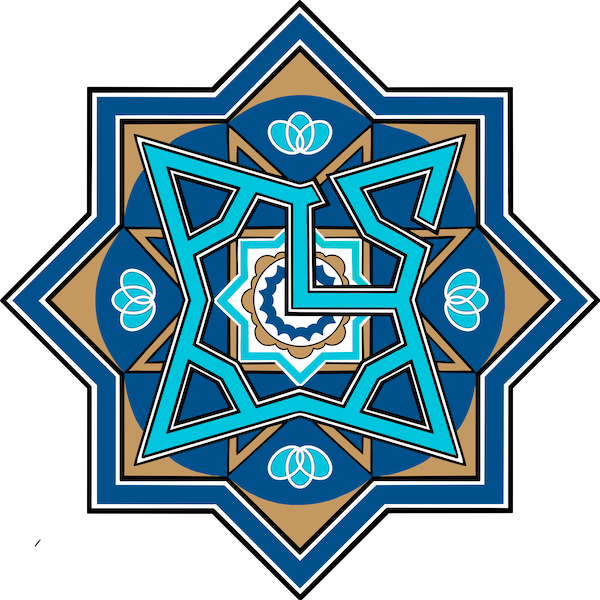The Arab American Studies Association (AASA) is appalled by the genocidal crisis and the unconscionable suffering inflicted on Palestinians in Gaza, to whom we extend our unwavering support. Many of our members have published on Palestine, are from Palestine, have loved ones in Palestine, and have dedicated their lives to scholarship and activism. We write this message in solidarity and in recognition of their sorrow and steadfastness.
We categorically condemn all and any attacks on civilians and affirm our commitment to a just and peaceful resolution to Israel’s dispossession of Palestinian land and rights. Israel’s unchecked, brutal response to recent heinous attacks by Hamas is a continuation of long-standing violence against the Palestinian people, and we assert that the current bombardment and displacement of over a million residents of Gaza does not amount to self-defense but rather exacerbates the suffering in Gaza and hinders Palestinian freedom, self-determination, and the right to life. For over sixteen years, Gaza has been under an illegal siege, with essential resources such as power, water, and food controlled and often restricted by Israel. Repeated military actions have inflicted damage on Gaza’s infrastructure, resulting in the destruction of hospitals, schools, mosques, civilian housing, and loss of innocent lives. The narrative of Hamas using civilians as human shields is employed, while illegal settlements expand in the West Bank, accompanied by deadly attacks on Palestinians.
We affirm that there is no military solution to this crisis. We condemn the U.S. government’s role in supporting Israeli military aggressions against Palestinians and call for an immediate ceasefire in Gaza. We are also concerned about the vitriolic rhetoric demonizing Palestinians and Arabs on US media, which is fueling anti-Muslim and anti-Arab racism. Such narratives distort the reality of an oppressive power dynamic, contribute to the dehumanization of Palestinians, and stifle the academic freedom of scholars discussing and scrutinizing this issue even as they put Arab and Muslim lives at risk.
We stand with the Palestinian people and their right to exist, their right to freedom, their right to self-determination, their right to dignity, and their right to not be forcibly displaced from their homes.
We reaffirm our commitment to the principles of anti-colonialism and the dismantling of apartheid and for the urgency to immediately address the rapidly developing genocide in Gaza, where the bombardment of civilians, the destruction of infrastructure, and the cutting off of water, food, and electricity puts the entire population’s life at risk. Palestine is indeed a global issue. We cannot silently watch as the people of Gaza pay the price for the failure of the world community to respond. Now is the time for a moral stance that recognizes our shared humanity and ethical obligation toward one another.
We close with the resonant words of Palestinian American poet Suheir Hammad’s poem, “First Writing Since”:
affirm life.
affirm life.
we got to carry each other now.
you are either with life, or against it.
affirm life.
